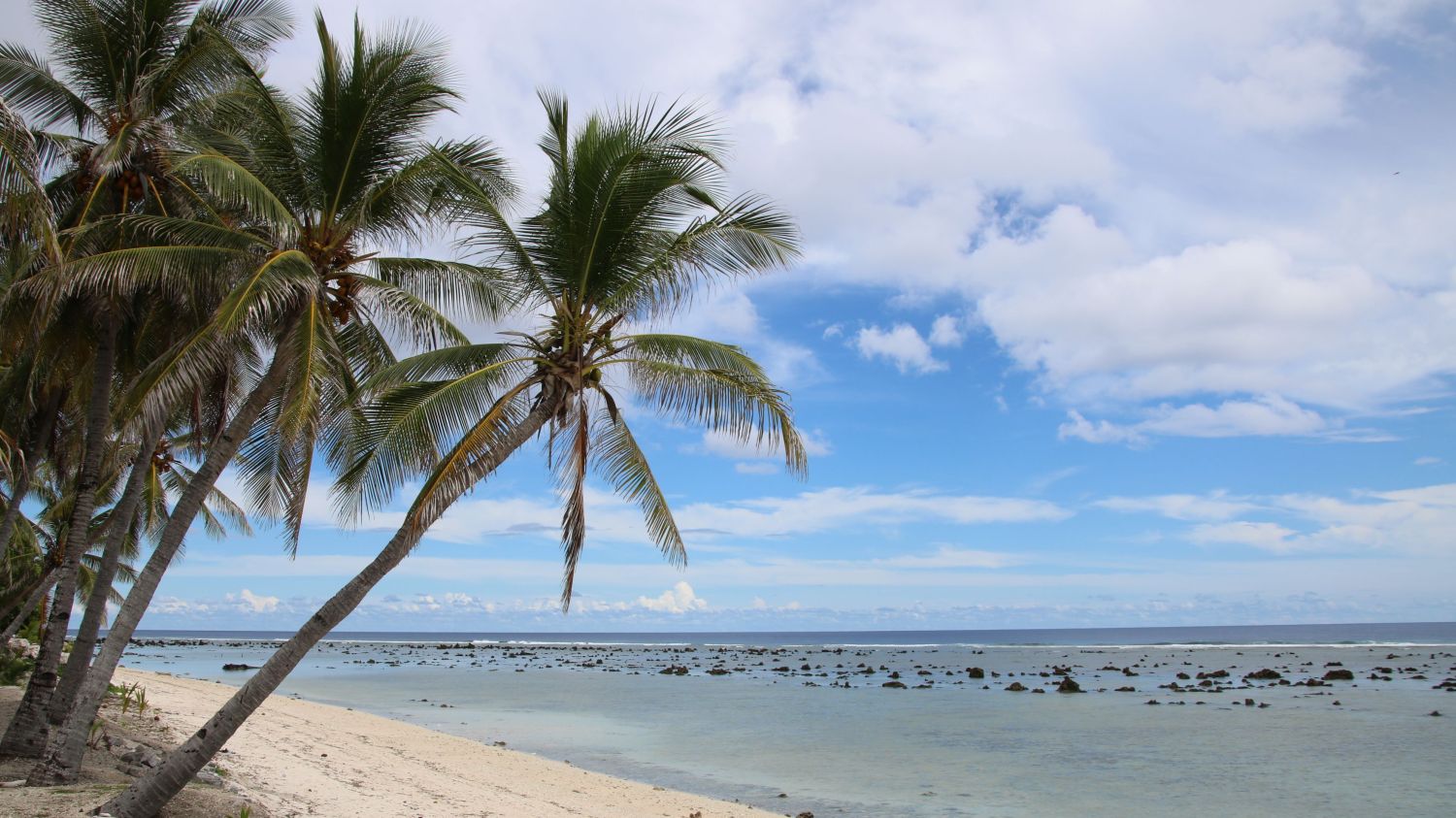Spanning just eight square miles and situated beneath the equator, the tiny Pacific atoll nation of Nauru, ravaged by decades of phosphate mining, holds little allure for the world’s affluent.
However, Nauru has devised a plan to capitalize on this unique opportunity. It intends to sell the island’s passports for an exorbitant price of over $100,000 each. While wealthy foreigners who purchase citizenship may not choose to reside on the world’s smallest island nation, they would secure visa-free access to a multitude of larger and more prosperous destinations, including the United Kingdom and Hong Kong. Map: The Times and The Sunday Times
Map: The Times and The Sunday Times
Nauru plans to utilize the substantial windfall generated from this initiative to relocate its 12,500 inhabitants to higher ground. As storm surges and flooding, exacerbated by the impacts of climate change, begin to overwhelm the low-lying atoll, Nauru recognizes the urgent need to adapt and secure a sustainable and prosperous future for generations to come.
READ MORE: Countries that allow visa-free travel with Refugee Travel Documents
In the words of Nauru’s president, David Adeang, “For Nauru, it is not merely about adapting to climate change; it is about ensuring a secure and prosperous future for our people and our nation.” This endeavor goes beyond mere survival; it is about ensuring that future generations have a safe, resilient, and sustainable home. Nauru stands ready to embark on this transformative journey ahead.
Despite concerns about the potential exploitation of such “golden passport” schemes, Nauru has decided to sell citizenship to foreigners for $105,000 each. This decision underscores the nation’s commitment to harnessing this opportunity for the greater good and fostering economic growth.
Nauru’s unique location on a plateau of phosphate rock in the sparsely populated South Pacific, situated just 33 miles south of the equator and a 4.5-hour flight from Brisbane, Australia, has played a pivotal role in its history. The atoll’s exceptionally pure phosphate deposits, a key ingredient in fertilizer, briefly propelled Nauru to become one of the planet’s wealthiest nations, with a gross domestic product (GDP) per capita surpassing that of oil-rich Saudi Arabia. Jagged limestone pillars on the coast of Nauru
Jagged limestone pillars on the coast of Nauru
ALAMY
Recalling a vivid memory from a Massachusetts Institute of Technology study, Manoa Tongamalo recounted how the phosphate was utilized for decades in fertilizer spread across the farmlands of New Zealand and Australia, fueling their agricultural exports boom.
But when the phosphate reserves eventually depleted, the island was left with a desolate landscape of jagged limestone pinnacles, incapable of sustaining agriculture or even construction.
The remaining usable land on Nauru faces imminent threats from rising sea levels, which are measured at a staggering 1.5 times the global average. ORBITAL HORIZON/COPERNICUS/GETTY IMAGES
ORBITAL HORIZON/COPERNICUS/GETTY IMAGES
Nauru’s government asserts that the passport scheme has the potential to cover the costs of relocating 90% of the island’s population. This initiative marks the latest in a series of strategies employed by Nauru to replace its dwindling mineral wealth.
At its peak, Nauru’s phosphate royalties amounted to nearly A$2 billion (£984 million). However, these funds were squandered in the years following Nauru’s independence from Britain, Australia, and New Zealand in 1966. Failed investments funded by the royalties included the infamous London theater flop, Leonardo the Musical: A Portrait of Love, which premiered in June 1983. Millions of dollars invested in Australian high-rise office towers and upscale hotels also vanished.
Since 2001, Australia has utilized Nauru as a remote location to hold individuals who arrive in small boats seeking asylum and protection within Australian waters. The Nauru solution aligns with Australia’s policy of never settling anyone who arrives by boat seeking asylum. In exchange, the Nauruan government has received over A$5 billion (£2.5 billion) from Australian taxpayers. Australian soldiers in Nauru use mountain bikes to get around the island
Australian soldiers in Nauru use mountain bikes to get around the island
TORSTEN BLACKWOOD/AFP
Edward Clark, Nauru’s climate resilience chief, announced this week that the passport scheme had already commenced operations.
He stated that Nauru would implement “robust checks” to ensure that only “high-quality” applicants were granted a Nauruan passport.
The Home Office maintains that thorough checks are conducted on all foreign nationals entering the UK, even if visas are not required. However, there have been concerns in the past that similar offers of investment-based passports to wealthy foreigners by other countries, such as China or organized crime groups, could be exploited for nefarious purposes, including smuggling individuals into the UK.
NY Times



















